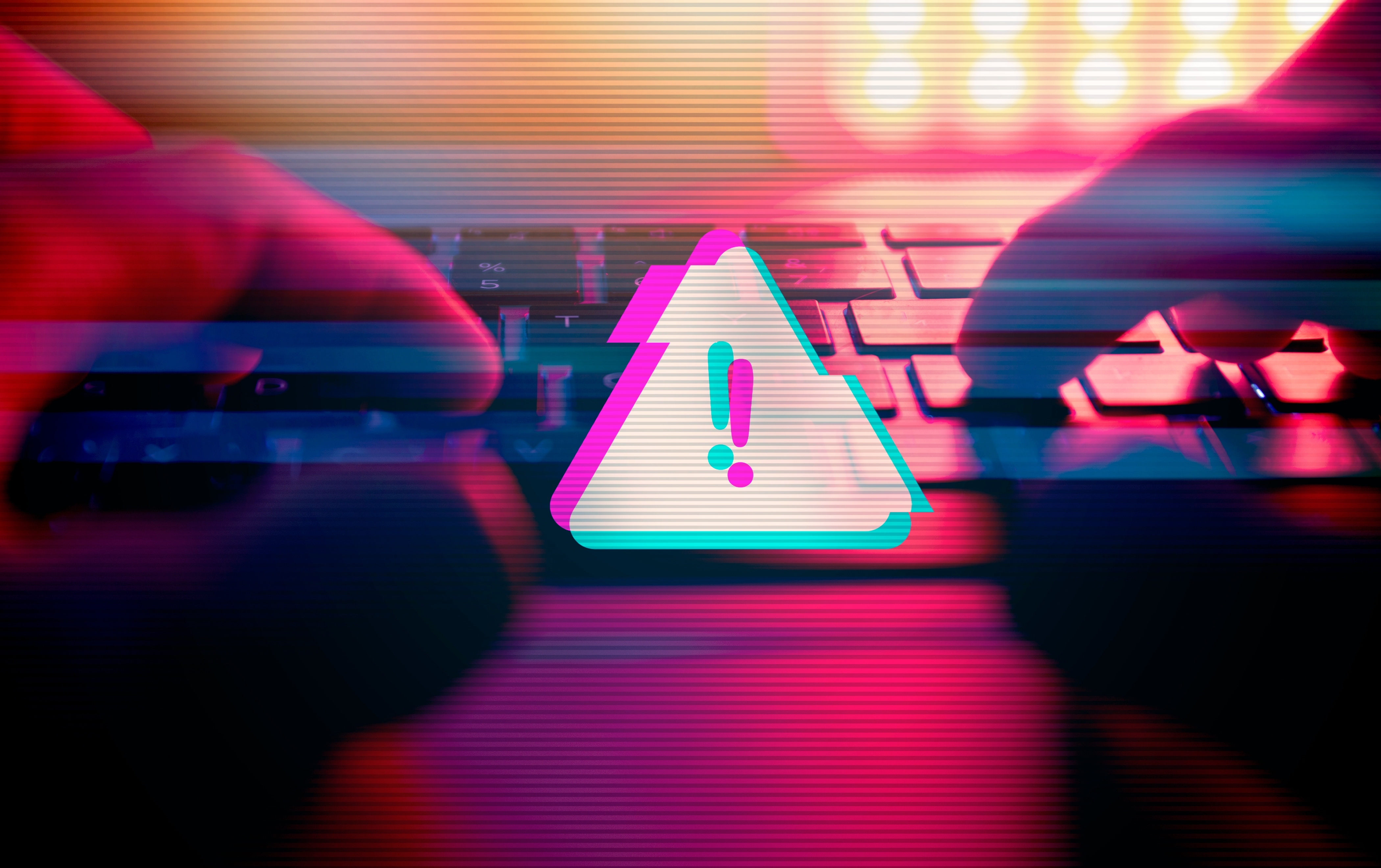SMBs are being hit by malicious productivity tools – Zoom and ChatGPT spoofed by hackers
Watch out if you're downloading these apps

- Zoom, Microsoft Office and ChatGPT are among the most impersonated
- Attacks can vary, from phishing campaigns to malware
- Setting clear software adoption procedures is crucial
Cyberattacks mimicking ChatGPT rose 115% in early 2025, according to new research from Russian cybersecurity Kaspersky, which is warning workers of fake productivity apps.
According to the analysis, 8,500 small and medium-sized businesses were targeted using malicious files disguised as productivity apps and AI tools.
Among the most commonly fakes apps were Zoom, Microsoft Office, ChatGPT and DeepSeek, with Kaspersky tracking more than 4,000 unique malicious files using this type of attack.
Zoom, Office and ChatGPT spoofed in latest cyberattacks
The cybersecurity company explained that cybercriminals exploit popular and hyped tools to lute victims during a sense of excitement and urgency. Phishing and spam campaigns are used to present fake offers, impersonating brands to steal data or distribute malware.
"The more publicity and conversation there is around a tool, the more likely a user will come across a fake package on the internet," security expert Vasily Kolesnikov said.
Being that Kaspersky's warning discusses productivity apps as a whole, and not one specific campaign, there isn't one type of warning being issued. Instead, workers are being advised to be aware of downloaders, trojans and adware, with phishing campaigns targeting banking, delivery and account credentials.
Kaspersky's tracking revealed a 13% increase in Zoom-related fake files in 2025, with Google Drive rising 12% and Teams rising a staggering 100%. Other Microsoft apps, including Outlook and PowerPoint (16% each), Excel (12%), Word (9%) and Teams (5%) accounting for a large proportion of the attacks observed by Kaspersky.
Sign up to the TechRadar Pro newsletter to get all the top news, opinion, features and guidance your business needs to succeed!
The company is advising businesses to set clear procedures for software adoption and to define access rules for emails, cloud files and other documents. Regular backups can also provide a reliable failsafe in the event of an attack.
"Always check the correct spelling of the website and links in suspicious emails. In many cases these links may turn out to be phishing or a link that downloads malicious or potentially unwanted software," Kolesnikov added.
You might also like
- Hackers are using fake Zoom apps to steal your data and your cryptowallet - here's how to stay safe
- Downloaded something dodgy? Here's the best malware removal
- We've listed the best endpoint protection software
With several years’ experience freelancing in tech and automotive circles, Craig’s specific interests lie in technology that is designed to better our lives, including AI and ML, productivity aids, and smart fitness. He is also passionate about cars and the decarbonisation of personal transportation. As an avid bargain-hunter, you can be sure that any deal Craig finds is top value!
You must confirm your public display name before commenting
Please logout and then login again, you will then be prompted to enter your display name.
